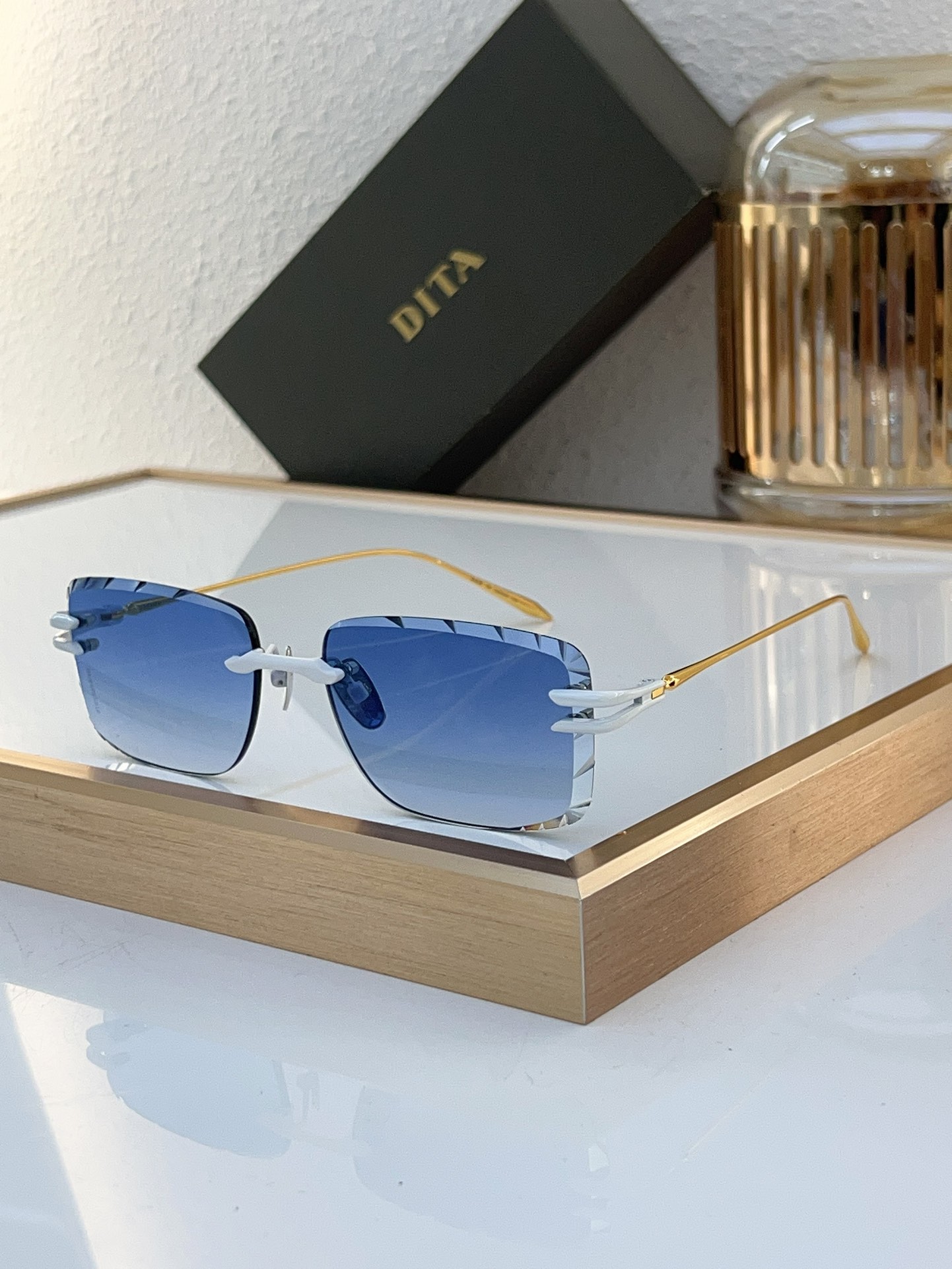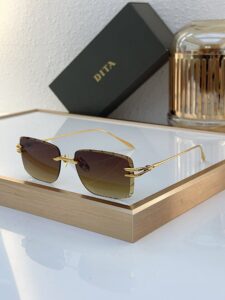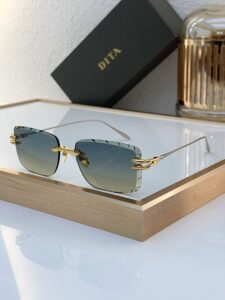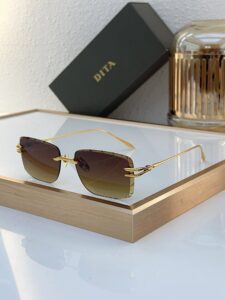The Environmental Impact of the Fashion Industry
The fashion industry significantly contributes to environmental challenges, including waste generation, resource depletion, and pollution. It is estimated that the global fashion sector produces around 92 million tons of waste each year, a staggering figure that highlights the urgent need for sustainable practices. One often-overlooked component of this waste stream is fashion accessories, such as sunglasses. Despite being a small part of overall fashion waste, the accumulation of discarded sunglasses exacerbates the environmental crisis, especially when considering their materials and the processes involved in their production.
Many sunglasses are made using plastic, which can take hundreds of years to decompose. This longevity in waste contributes to landfill overflow, where millions of pairs of old sunglasses end up. Furthermore, the production of these accessories requires significant natural resources, including water and energy, intensifying the depletion of our planet’s finite resources. A study conducted by the Ellen MacArthur Foundation suggests that if the current trajectory continues, the fashion industry’s greenhouse gas emissions could rise to 1.5 billion tons annually by 2030, a stark increase that further threatens ecosystems and accelerates climate change.
Additionally, the environmental impact extends beyond just waste and resource use. The dyes and chemicals used in the manufacturing process often lead to water pollution, contaminating rivers and oceans and affecting aquatic life. As consumers become increasingly aware of these issues, the need for sustainable alternatives becomes evident. By exploring innovative ways to repurpose old sunglasses, the fashion industry can pivot towards more sustainable practices, addressing both pollution and waste concerns. As fashion evolves, integrating sustainability into design and production could significantly mitigate the industry’s environmental impact and pave the way for a healthier planet.
Benefits of Repurposing Old Sunglasses
Repurposing old sunglasses presents several significant benefits, both environmentally and economically, highlighting the potential of a circular economy in the fashion industry. One of the foremost advantages of this practice is the reduction of waste, as it minimizes the amount of non-biodegradable material ending up in landfills. Sunglasses are often made from plastics and metals that can take years to decompose. By finding new purposes for these items, we actively engage in waste reduction, which is crucial in mitigating the environmental impacts of fashion.
Moreover, repurposing fosters creativity within the fashion community. Designers and consumers alike have begun to explore innovative ways to integrate old sunglasses into new products. For instance, transformed eyewear can become unique accessories or elements in avant-garde fashion collections. Some designers have taken old frames and turned them into chic jewelry, while others might create functional art pieces or statement decor items. These creative solutions not only reduce waste but also promote individuality in personal style, allowing users to wear one-of-a-kind pieces that tell an environmentally conscious story.
Numerous stories from entrepreneurs and buyers who have embraced repurposed sunglasses further illustrate these benefits. For example, notable brands have emerged that specifically focus on designing products from discarded eyewear, capitalizing on the allure of sustainable fashion. Consumers often find joy in the hunt for unique items that carry a history, championing the shift toward sustainability. Additionally, the economic advantages, such as potential cost savings from purchasing second-hand items, and the rise of eco-conscious businesses, signal a pivotal shift in fashion thinking.
Embracing repurposing does not merely highlight environmental conservation; it encapsulates a transformative movement within the fashion industry, prompting a collective effort towards sustainability and creativity.
Recycling or Donating Old Replica Sunglasses
As sustainability becomes increasingly important, finding ways to manage our fashion waste is crucial. Old replica sunglasses, often discarded without a second thought, can be recycled or donated, offering a solution to reduce waste in the fashion industry. Proper disposal not only conserves resources but also helps minimize environmental impact.
One of the first steps in recycling old sunglasses is to identify local recycling programs that accept eyewear. Some municipalities or specialized recycling centers have established initiatives aimed at processing plastics and metals found in sunglasses. To locate these programs, individuals can consult their local waste management services or conduct online searches. Additionally, certain optical shops or retail chains might offer take-back programs where customers can return their old eyewear for recycling.
Another viable option is donating old sunglasses to charities or organizations that accept eyewear. Various non-profit organizations focus on distributing eyeglasses to underserved communities, both domestically and globally. One popular example is the Lions Club, which collects used eyewear for distribution to individuals in need. Before donating, it is essential to clean the sunglasses thoroughly. Use a microfiber cloth and gentle soap to remove any dirt or smudges. This ensures that the sunglasses are in a usable condition for the next owner.
After cleaning, inspecting the sunglasses for any broken parts is important. If possible, small repairs can be made to enhance their functionality. Finally, packaging the sunglasses in a sturdy box or bag can protect them during transportation to the donation center.
By recycling or donating old replica sunglasses, individuals can play a significant role in combating waste in the fashion industry while contributing to a more sustainable future. This simple act maximizes the lifespan of fashion items and encourages responsible consumer behavior.
Future Trends in Sustainable Fashion Accessories
The landscape of sustainable fashion is rapidly evolving, with a marked shift towards environmentally conscious practices in the accessories sector, particularly sunglasses. As awareness regarding the environmental impact of fashion grows, consumers are increasingly demanding products made from eco-friendly materials. Brands are responding by developing innovative accessories that align with sustainability principles.
One prominent trend is the use of biodegradable materials in the production of sunglasses. Companies such as *Woodys Barcelona* and *Krewe* are pioneering collections made from natural substances, including biodegradable acetate derived from renewable resources. This shift not only provides a viable alternative to traditional plastic but also reduces the overall carbon footprint associated with manufacturing processes. Furthermore, some brands are integrating reclaimed ocean plastic into their designs, significantly contributing to ocean cleanup efforts while creating stylish accessory options.
Additionally, the concept of circular fashion is gaining traction, where brands prioritize a lifecycle approach to their products. Initiatives that promote repurposing old sunglasses into new frames or encouraging customers to return their used items for recycling exemplify this trend. Companies like *Warby Parker* have embarked on programs that not only recycle old eyewear but also contribute to social causes, showcasing a holistic approach to sustainability.
The role of consumer awareness cannot be understated in shaping these trends. The rise of ethical consumerism has compelled brands to adopt responsible practices and communicate their sustainability efforts effectively. Shoppers are now more inclined to conduct research on a brand’s environmental policies before making a purchase, thus influencing their buying decisions. This shift towards responsible purchasing behaviors is crucial, as it encourages brands to invest in greener alternatives and adopt ethical manufacturing practices, ultimately paving the way for a more sustainable future in the fashion accessory market.



